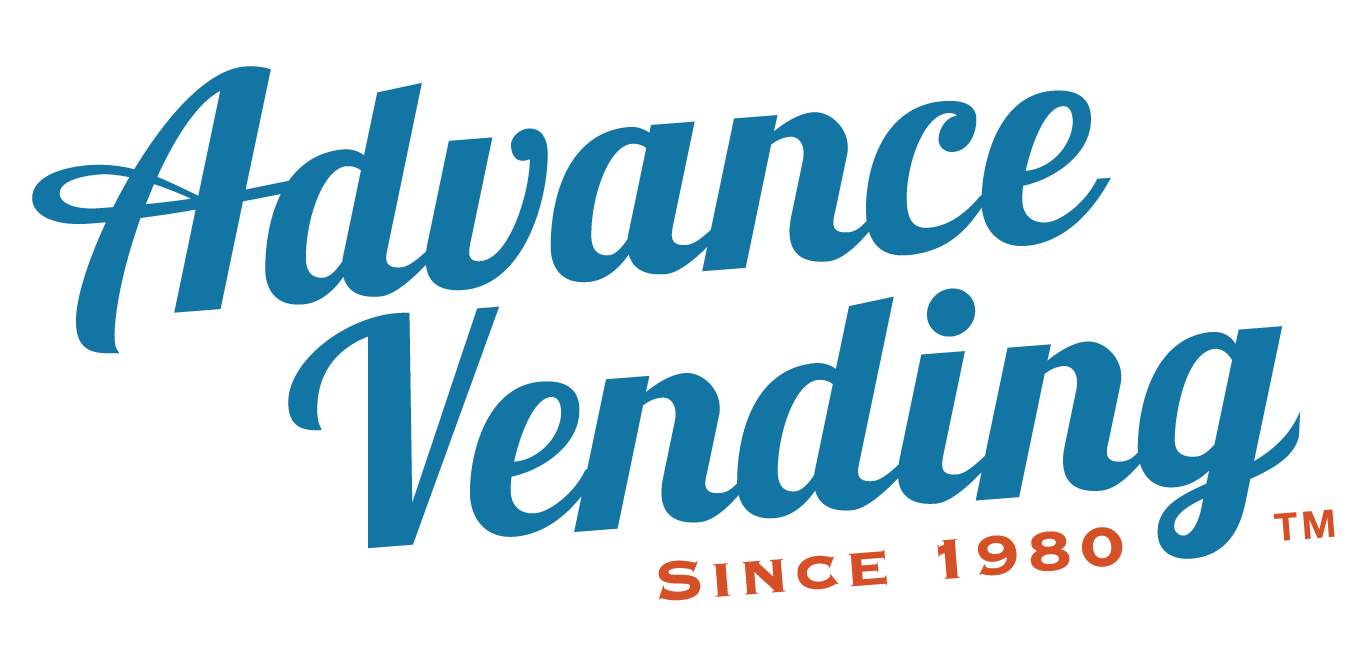With just about part the British public now dabbling in virtual belongings, cryptocurrency is not a distinct segment pastime, it’s turning into a mainstream cost manner. A brand new survey by means of mavens at Crypto Casinos unearths that 48% of UK adults now personal a crypto pockets, with 15% of the ones elderly 55 and over having entered the virtual finance house.
This shift in public behaviour is beginning to ripple throughout industries — and the United Kingdom retail and regulatory panorama is responding.
While well-liked acceptance of cryptocurrencies amongst UK prime side road shops stays restricted, sure companies have taken pioneering steps:
- CeX: The electronics store accepts Bitcoin each on-line and in its bodily shops throughout the United Kingdom.
Lush Cosmetics: Known for its home made merchandise, Lush has built-in Bitcoin bills via a partnership with BitPay. - Lomond School: In a notable construction, Lomond School in Scotland was the primary UK tutorial establishment to just accept Bitcoin for tuition charges, aiming to deal with world households and mitigate forex dangers.
Additionally, customers can not directly use cryptocurrencies at primary shops by means of buying reward playing cards via platforms like BitPay and CoinGate. Participating shops come with Argos, ASDA, Costa Coffee, and Tesco.
HMRC’s Stance on Crypto Taxation
His Majesty’s Revenue and Customs (HMRC) has established transparent pointers at the taxation of crypto belongings:
- Capital Gains Tax (CGT): Profits from promoting cryptocurrencies are topic to CGT. For the 2024–2025 tax 12 months, the tax-free allowance has been diminished to £3,000. Gains above this threshold are taxed at charges of 10% for elementary charge taxpayers and 20% for upper charge taxpayers.
- Income Tax: Earnings from actions akin to mining, staking, or receiving crypto as cost are regarded as source of revenue and taxed accordingly, with charges starting from 0% to 45% relying at the particular person’s tax band.
HMRC has intensified efforts to verify compliance, together with sending “nudge” letters to folks suspected of underreporting crypto positive factors.
The Financial Conduct Authority (FCA) is progressing in opposition to a extra structured regulatory framework for virtual belongings. Plans come with imposing laws on capital necessities, insider buying and selling, and marketplace abuse for crypto companies, with complete implementation anticipated by means of 2026.
Concurrently, the Bank of England is exploring the advent of a central financial institution virtual forex, the “digital pound,” with a choice expected round 2025.


